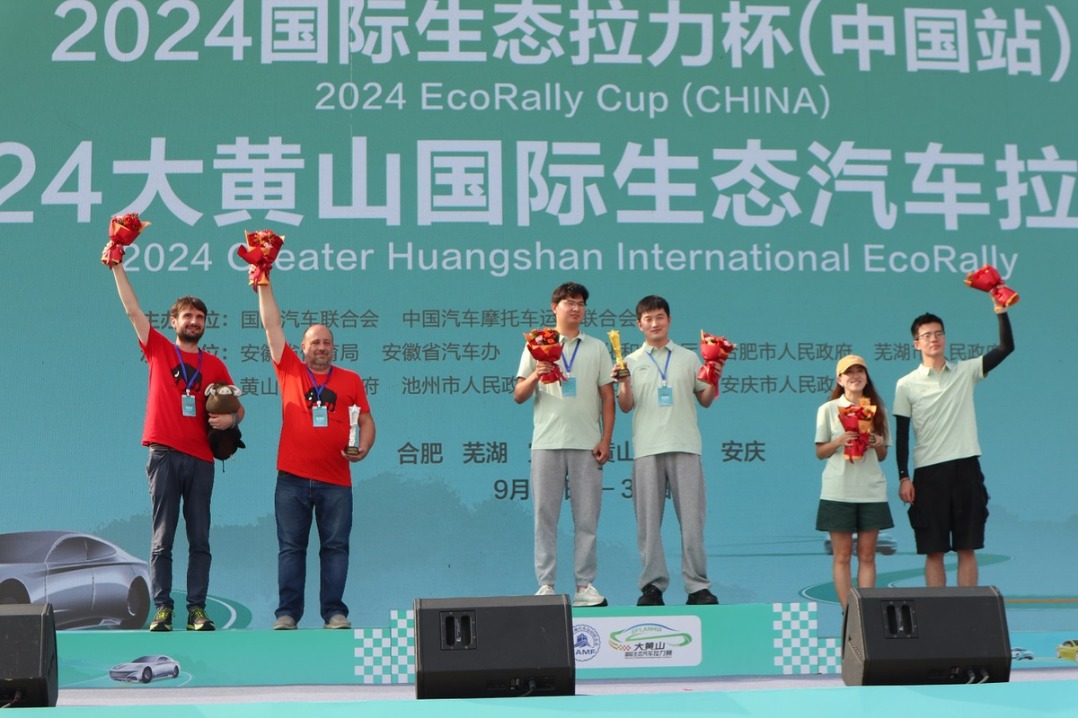China OKs innovative therapy for gastric cancer


Japanese pharmaceutical company Daiichi Sankyo announced on Tuesday that Daiichi Sankyo and AstraZeneca's ENHERTU? has been granted conditional approval in China for the treatment of certain patients with advanced gastric cancer.
The therapy was granted conditional approval by China's National Medical Products Administration as a monotherapy for the treatment of adult patients with locally advanced or metastatic HER2-positive gastric or gastroesophageal junction adenocarcinoma who have received two or more prior treatment regimens.
The innovative injection is a specifically engineered, HER2-directed antibody drug conjugate (ADC) discovered by Daiichi Sankyo, and jointly developed and commercialized by Daiichi Sankyo and AstraZeneca.
Experts said that such innovative therapies are expected to break the current deadlocks of limited treatment options and narrow survival for such patients, and achieve a breakthrough in the survival of patients afflicted with gastric cancer in the country.
China accounts for more than one-third of the world's gastric cancer cases, with roughly 65 percent of patients in advanced stage when being diagnosed, according to experts.
About one in five gastric cancers is HER2-positive, according to experts. This type of gastric cancer is more aggressive, and patients are more likely to experience recurrence or metastasis, they said.
"Patients often face poor outcomes following disease progression on first-line treatment and subsequent chemotherapy. The newly approved medicine will allow Chinese patients to have a treatment option that has demonstrated clinically meaningful efficacy following progression on previous therapies," said Shen Lin, director of the department of gastrointestinal oncology at Peking University Cancer Hospital.





































